We are SO excited to share this interview with the Jordan Rudess. Best known for his work with progressive rock act Dream Theater, Jordan was named “Best Keyboardist of All Time” by MusicRadar. With classical roots in the Juilliard School, Jordan is also famed for his technical virtuosity and knowledge of music technology.
In this exclusive interview, we’ll learn about Jordan’s journey from Juilliard to Dream Theater, his influences and inspirations, and how he plays so gosh darn fast.
Table of Contents:
Get exclusive access to world-class pianists and what makes them tick. Subscribe to The Note today.
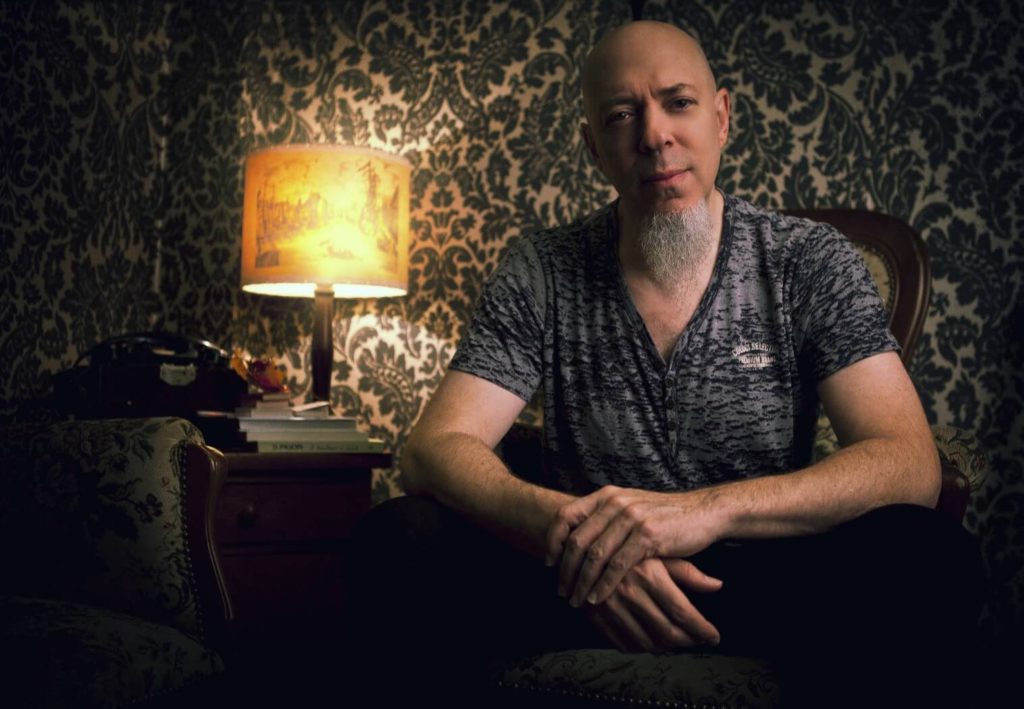
Jordan Rudess first encountered a piano at his grandparents’ house when he was around seven years old. No one ever played that piano, so Jordan started tinkering with it.
Jordan’s first instinct was to improvise and play whatever he liked. He loved his first piano teacher, who encouraged him to improvise and introduced him to guitar chords and lead sheets. Chord charts and lead sheets are really all you need to create your own piano arrangements.
But this teacher only stayed for a year. After encouragement from musical family friends, Jordan began studying under Magda, a very intense and serious piano teacher. Magda’s own son had left Juilliard to join Guy Lombardo’s band. When Jordan came along, Magda seemed to believe that Jordan would become the concert classical pianist her son could have been.
So Jordan went to the Juilliard School’s Pre-College program and studied music seriously. But “you couldn’t take the improviser out of me,” he says. He would find a practice room furthest from his teacher and play boogie woogie and jazz, delighting his classmates.
I think that [improvisation] is what music is all about . . . I taught my daughters how to improvise on the piano before they learned how to read notes.
Jordan Rudess
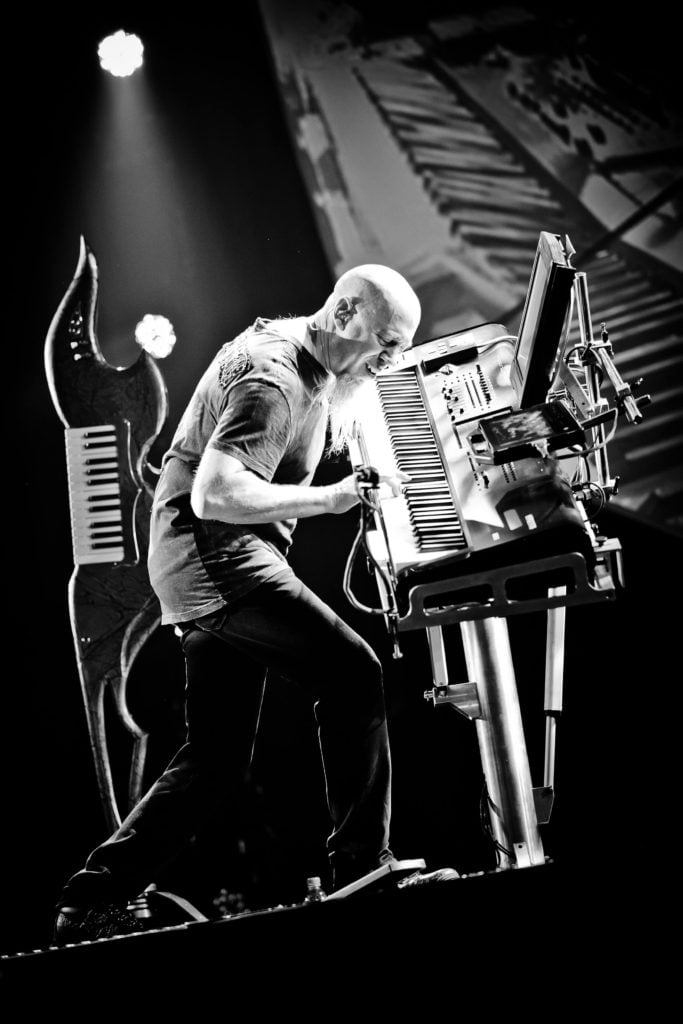
What happens when you mix progressive metal and Top 40 hip hop? We put Jordan Rudess in the studio, played him a pop song he’s never heard, and asked him to jam on top of it. The result is exactly what you’d expect: incredible!
As college approached, Jordan Rudess became less certain about pursuing a career in classical piano. As a teenager, he’d been exploring other styles of music, listening to prog rock legends like King Crimson, Yes, and Genesis.
Jordan successfully auditioned for the college program at Juilliard and studied piano under Adele Marcus with a scholarship. But he was still uncertain about his future. Then, halfway through playing a Chopin piece, Jordan’s teacher took the sheet music away and said her students were required to memorize pieces by the first week. This was the turning point that convinced Jordan that his destiny was not in classical music.
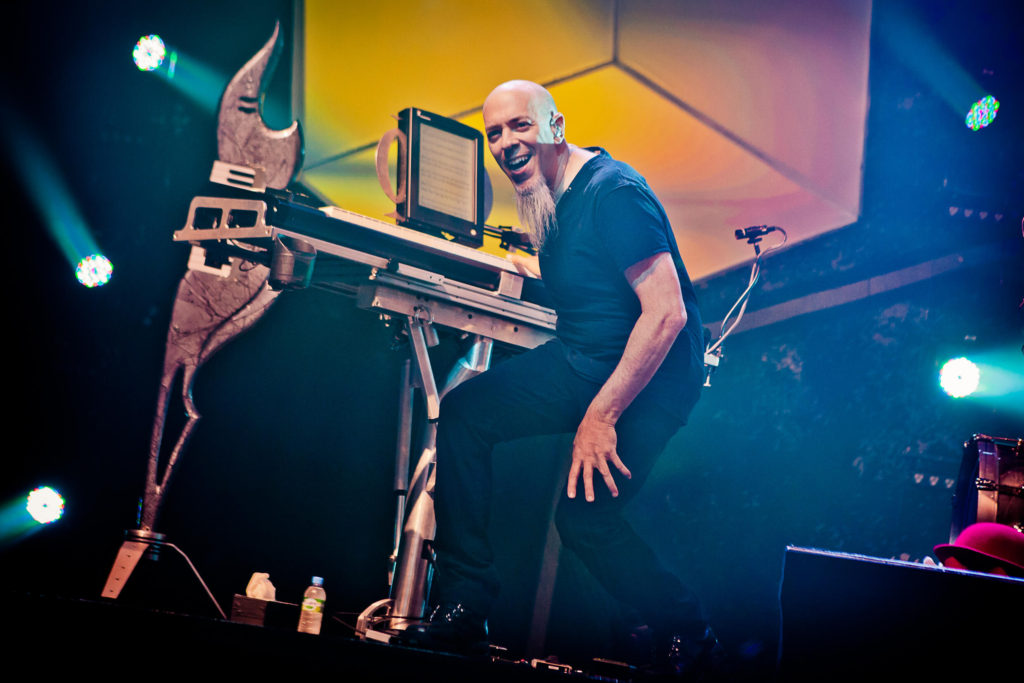
Quitting Juilliard was difficult for Jordan’s parents and teachers to understand; he’d been studying there for 10 years. And for a while, he wasn’t sure what to do.
Still, Jordan supported himself by playing at hotels and restaurants. He also played with several groups, including the Paul Winter Consort and an electronic three-piece with the inventor of the wind controller. Then, he toured with the Dixie Dregs and Yes.

Jordan first gained wider attention in 1994 when he was voted “Best New Talent” in Keyboard Magazine. Both Dream Theater and the Dixie Dregs invited him to join their bands. Initially, he chose the Dregs because it aligned better with his schedule. But after collaborating with two members of Dream Theater for a supergroup project called Liquid Tension Experiment, he became Dream Theater’s full-time keyboardist from 1999 onwards.
Here’s an epic Dream Theater solo where you can hear Jordan’s classical background influence. Observant viewers might notice that Jordan doesn’t conform to what’s normally considered “proper” piano technique. He tends to hold his wrists low, which most piano teachers frown upon.
When we asked him about this, Jordan notes that everyone has unique hand and finger lengths. “How you hold your hand and the way you play all relates to your personal physicality.” Jordan believes he can play well with dropped wrists because his fingers are strong enough to hold themselves up on their own. But this might not be true for everyone. He advises beginners to keep their arms and wrists even—held not too high and not too low—as a starting point.
Recently, Jordan was inspired by the aerial stunts of Olympic snowboarders. Watching them inspires him to nail acrobatic feats of his own on the keys. “These physical challenges are more possible than you think,” he says. Jordan encourages us to be open, to think in terms of possibility. While a very physical and technical move on the piano may SEEM impossible, if you have the right mindset, it CAN be doable!
Talking to Jordan Rudess, he has a calm groundedness about him. So it’s not surprising that his best advice for piano players it to relax, meditate, and breathe. Getting into the right headspace is a top priority for Jordan—he aims to feel “at home” and “settled.” “You need something to come back to,” he says. To Jordan, that’s his piano.
Headspace is also essential to performing well. “You can practice something all day and all night long, but unless you practice the way you want to feel when you’re playing on stage in front of 50,000 people . . . you’re not doing yourself a real service. Because what will happen is, you’ll get in front of the audience and you’ll fall apart.” If you watch Jordan play something challenging on stage, he gets very still, sometimes even standing on one foot. This is him trying to reconnect to a headspace he’s cultivated during practice.
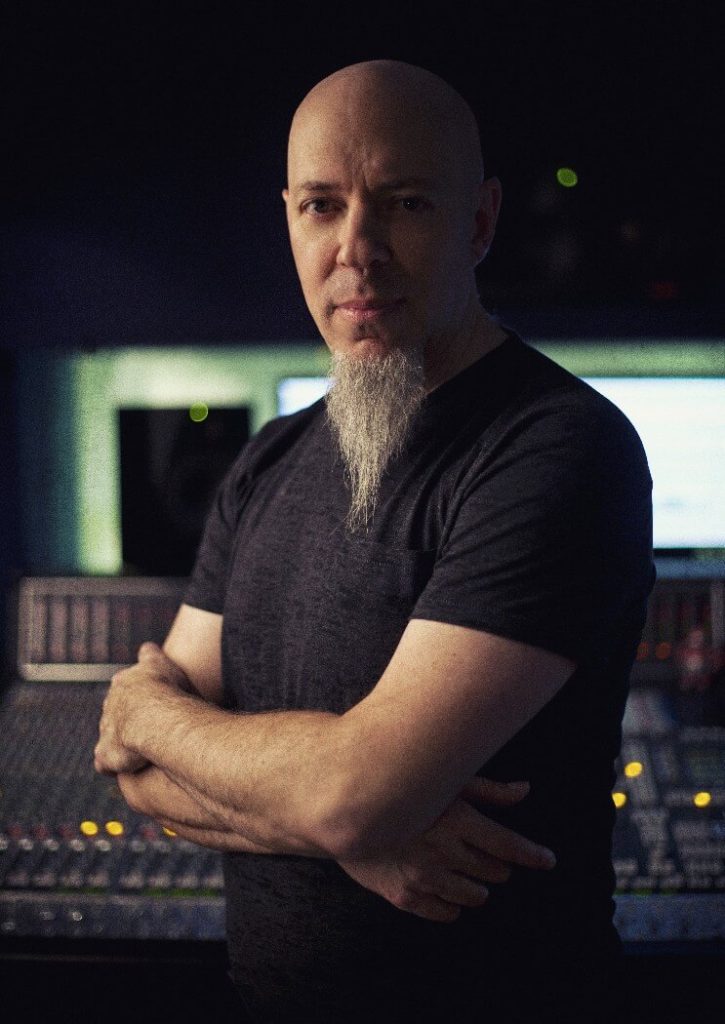
Playing an instrument is like a physical sport in that you have to train your muscles to accomplish the music you have in your head. Unless you are only using a computer to make music, this is a serious commitment. It’s going to take a daily focus and discipline. Like an athlete who has to be in top form.
Jordan Rudess
If he wasn’t a musician, Jordan Rudess believes he would be another type of creative. Video art is a domain he regularly dabbles in on his Instagram.
Home Studio Tour
Live Rig Tour
When performing, Jordan is different from other keyboardists in the sense that he doesn’t bring a big stack of keyboards on stage with him. He prefers a more streamlined set-up and uses a single pedal to change the sound he’s playing. Keeping things simple is possible because Jordan knows the technical features of his instruments inside and out and has outfitted everything to fit his needs.
When it comes to making music in today’s world, tech skills go a long way! Jordan’s creative freedom is made possible by the “immense palette of beautiful sounds” in his keyboards. He spends a lot of time crafting the perfect sound on his synthesizers. A music technology expert, Jordan owns Wizdom Music, a company that develops music-making apps. He is also Chief Music Officer of CME Music (creators of the XKey mobile keyboard) and Director of Music Experience at Roli Labs.
You can practice something all day and all night long, but unless you practice the way you want to feel when you’re playing on stage . . . you’re not doing yourself a real service.
Jordan Rudess
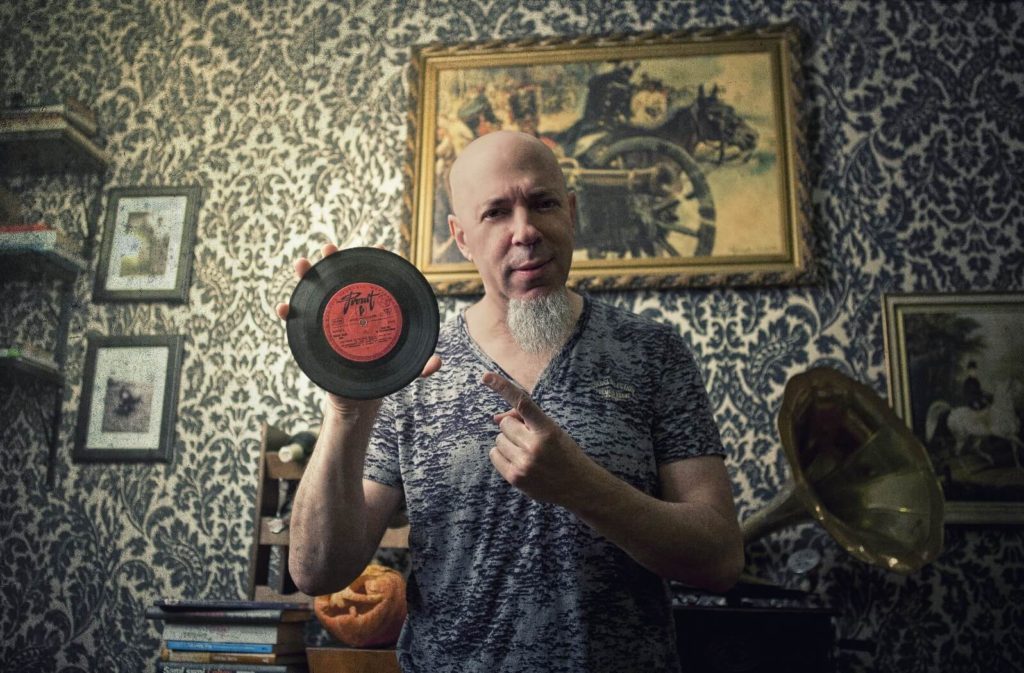
We hope you enjoyed this talk with Jordan Rudess as much as we did! If you’re feeling inspired to rock out the keys yourself, get a head start with seven days of Pianote for free.
As a Pianote Member, you’ll get access to our 10-step Method, song library, and growing community of piano players just like you. Plus: get coached by world-class pianists and learn whenever you want, wherever you want, and whatever you want.
📸 Images from Jordan Rudess’ website.
Correction: a previous version of this article noted that Jordan Rudess joined Dream Theatre in 1994. This version has corrected that date to 1999.
Charmaine Li is a Vancouver writer who has played piano for over 20 years. She holds an Associate diploma (ARCT) from the Royal Conservatory of Music and loves writing about the ways in which music—and music learning—affects the human experience. Charmaine manages The Note. Learn more about Charmaine here.
/marketing/pianote/promos/april/banner-bg-m.webp)
We use cookies for traffic data and advertising. Cookie Policy »
/marketing/pianote/promos/april/banner-title.webp)